Myanmar junta court jails Suu Kyi for six years under four anti-corruption charges
A military court in Myanmar has sentenced ousted leader Aung San Suu Kyi to a six-year prison term after finding her guilty in four corruption cases.
Suu Kyi was sentenced to “six years imprisonment under four anti-corruption charges,” a source close to the case who requested anonymity told media outlets.
She appeared in good health and did not make any statement following her latest sentencing, the source added.
The source further noted that Suu Kyi was found guilty of misusing her position to rent public land at below market prices and to have built a residence with donations meant for charitable purposes.
Suu Kyi, 77, has been in military custody since a coup ousted her government on February 1 last year over accusations of voter fraud in November 2020 elections, plunging the Southeast Asian nation into turmoil.
She is being held in solitary confinement in a jail in the capital Naypyitaw, and had already been sentenced to 11 years prison in other cases.
Journalists have been barred from attending the court hearings and her lawyers have been prohibited from speaking to the press.
Many of her political allies have also been arrested since the coup, with one chief minister sentenced to 75 years in jail.
"Immune from domestic and international outrage, the punishment trials against Suu Kyi and her supporters are designed to erase the democratic past," independent Myanmar analyst David Mathieson told AFP.
"Their intent is clear to everyone it seems, everyone but the international community."
Suu Kyi, meanwhile, has also been charged with at least 18 other offences that carry a combined maximum prison term of more than 150 years if she is convicted.
Myanmar’s military leaders claim that the Nobel Laureate – who colluded with them during her tenure as the country’s civilian leader in the killing and brutal displacement of nearly 700,000 minority Rohingya Muslims -- is on trial for committed crimes and is being given due process by an independent judiciary.
Since her arrest, Suu Kyi has been charged with multiple crimes, from violations of electoral and state secrets laws to incitement and corruption. Her supporters insist that the allegations are trumped up to thwart any chance of her political comeback.
The military takeover triggered mass protests in the country, which was followed by junta's brutal crackdown on dissent that killed at least 1,500 people and led to the arrest of 11,838 others, according to the Assistance Association for Political Prisoners (AAPP), a local monitoring group.

China deploys naval group in warning to US, Philippines over drills

China ‘firmly’ opposes countries making trade agreements with US at its expense
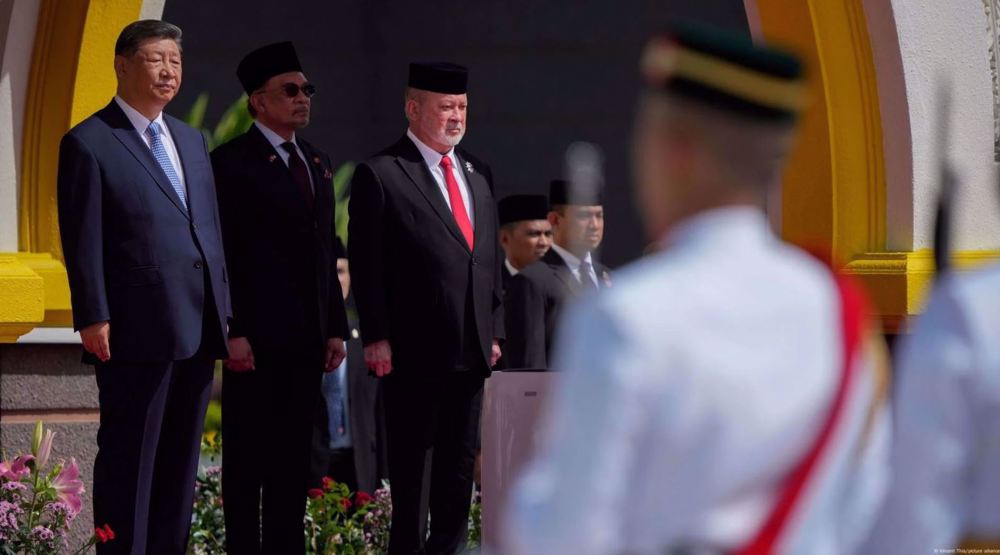
China says stands with Malaysia, region in face of unilateralism
China deploys naval group in warning to US, Philippines over drills
Iran elected to chair judicial summit of Shanghai group in 2026
Iran FM says ready to visit Paris, Berlin, London for diplomacy
Iran petroleum minister in Russia to boost economic cooperation
Over 100 rabbis, cantors slam Trump for pro-Palestine campus crackdown
Nearly 30 Palestinians killed in fresh Israeli strikes on Gaza
VIDEO | Press TV's news headlines
FBI, local police raid homes of pro-Palestine activists in Michigan


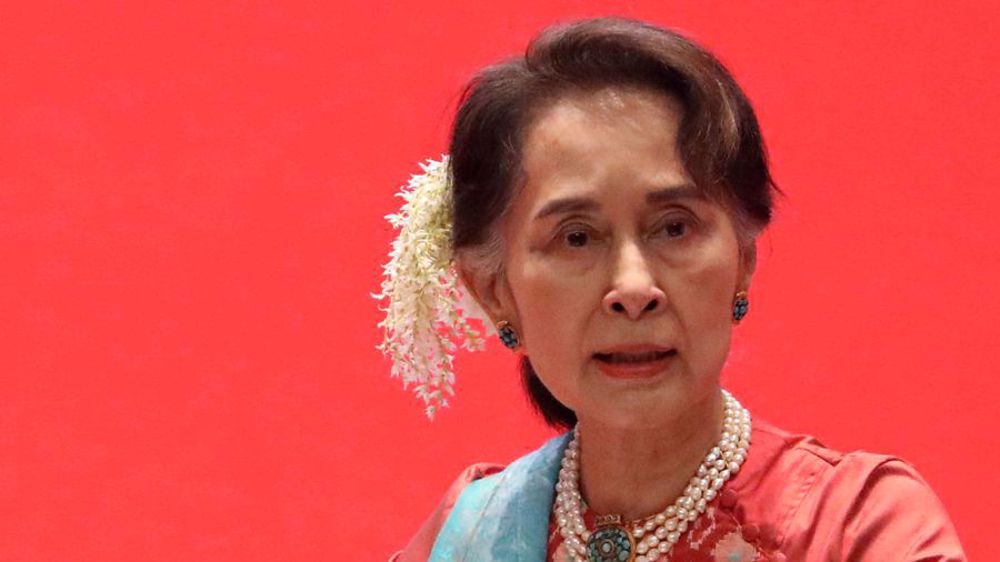
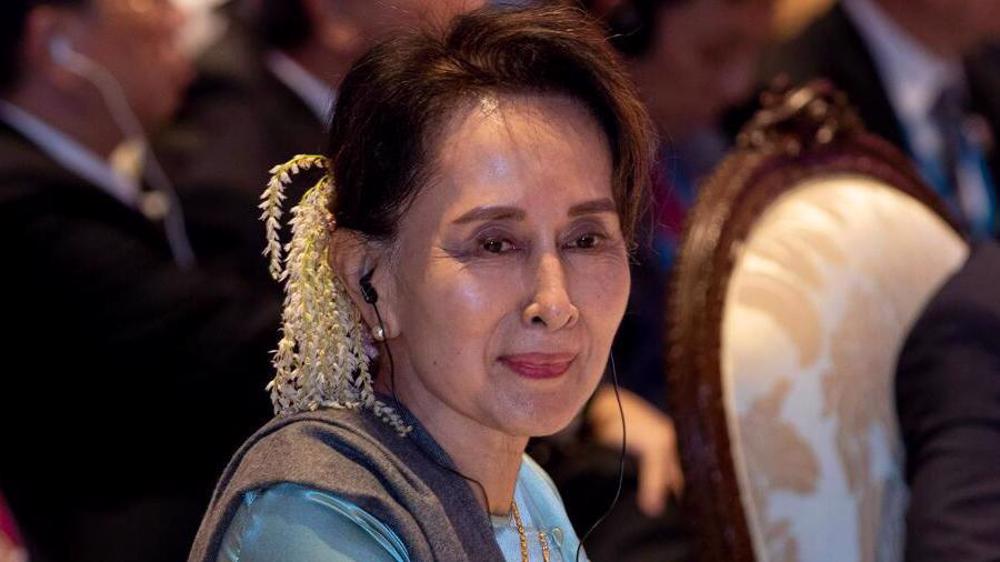
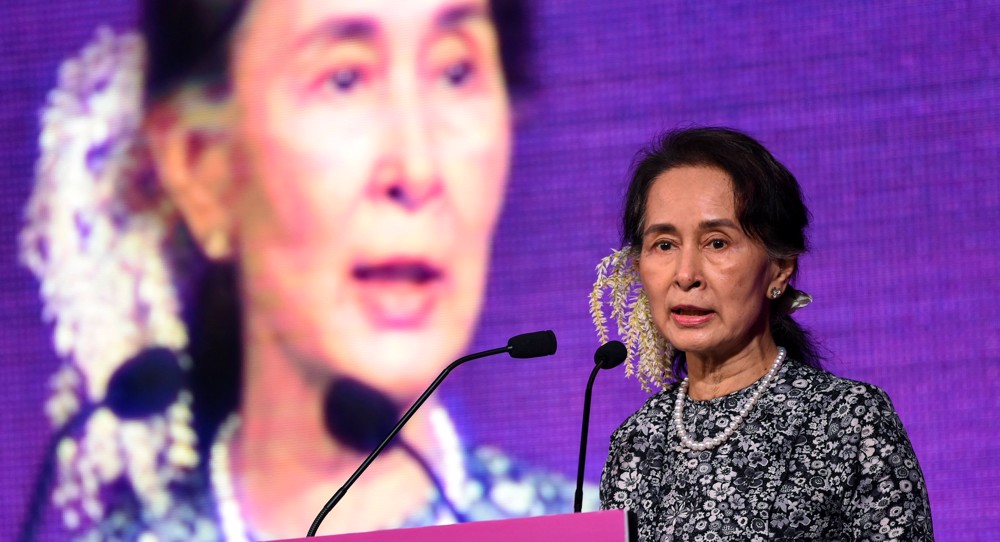



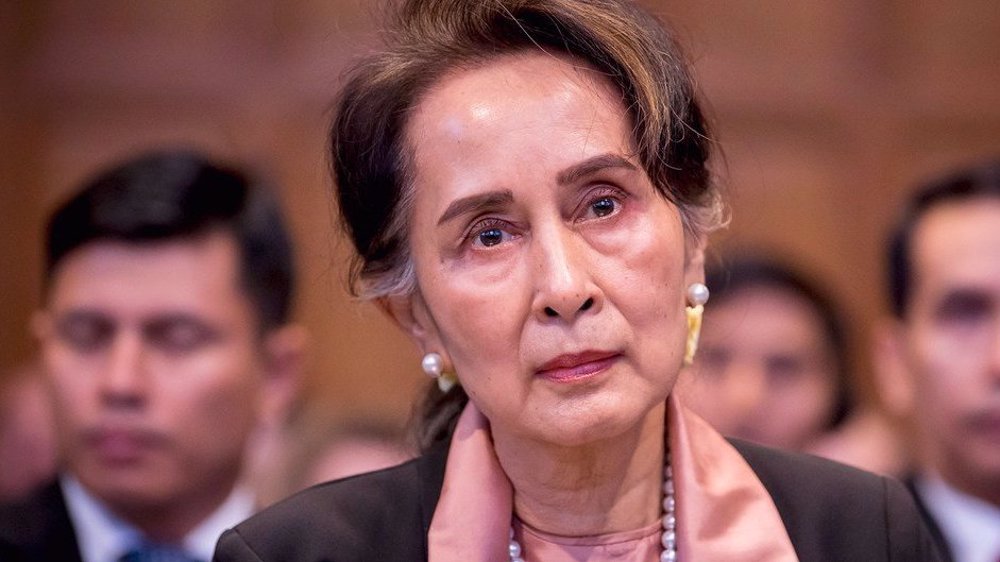
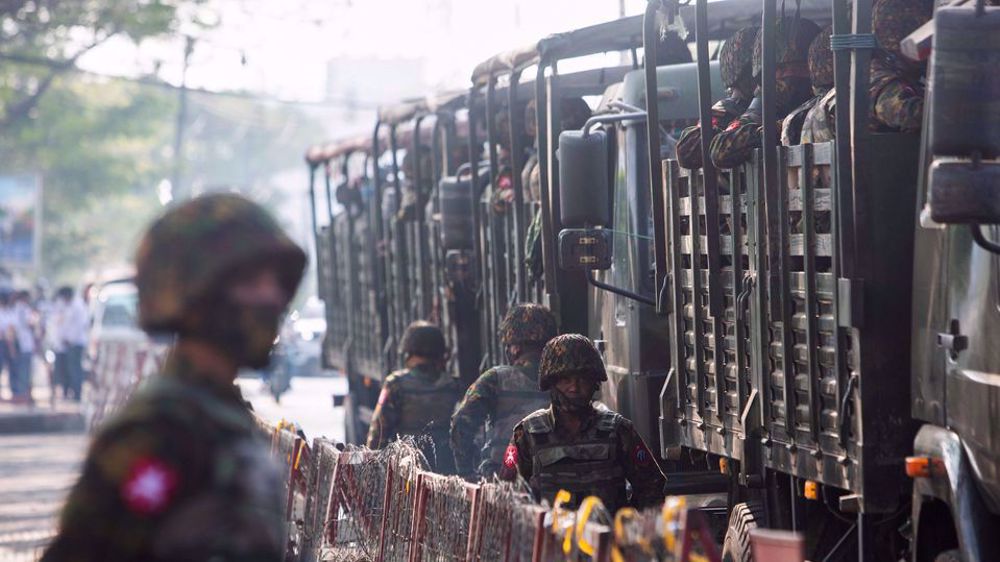

 This makes it easy to access the Press TV website
This makes it easy to access the Press TV website